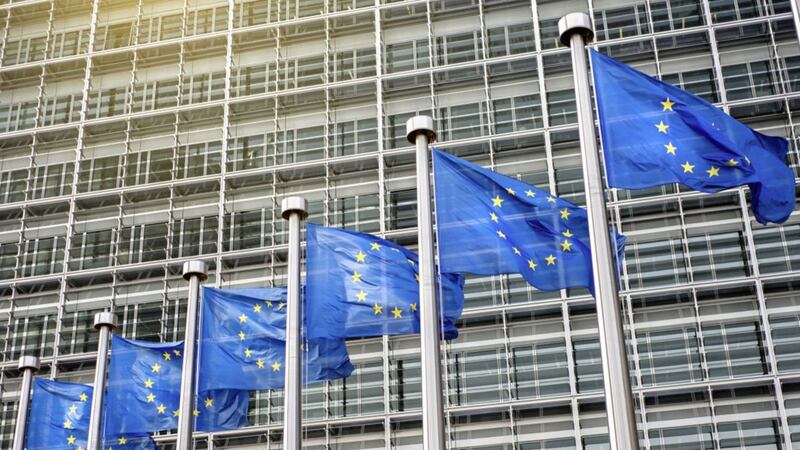Like them or loathe them elections are significant events in our history.
By my reckoning at least eight of the 13 UK general elections that have taken place in the half century or so since Edward Heath’s surprise victory in 1970 have had profound consequences for this island.
Heath’s win in 1970 immediately gave us the Falls curfew, then internment, Bloody Sunday and the closing down of the old Stormont regime with the imposition of direct rule, the Sunningdale Agreement and the power-sharing government on New Year’s Day 1974.
Harold Wilson’s return to power in February 1974 heading a minority government saw capitulation to the UWC strikers and the downfall of power-sharing.
Mrs Thatcher’s victories in 1979 and 1983 brought us, first, the long drawn out trauma of the hunger strikes and the rise of Sinn Féin as a political force but also the Anglo-Irish Agreement of 1985, the biggest advance for nationalists since Partition.
The 1992 election saw the arrival of John Major whose determination to work courageously and patiently with Albert Reynolds created the platform from which Tony Blair, after his landslide victory in 1997, pressed forward to spearhead the Good Friday Agreement with Bertie Ahern and the transformation of British Irish relations culminating in the Queen’s State visit in 2011.
David Cameron’s surprise majority in 2015 paved the way for the disaster of the Brexit referendum.
And Theresa May’s reckless gamble of 2017 compounded things immeasurably, putting the DUP into a pivotal position from which they scuppered the pre-eminently sensible “backstop” but overplayed their hand, failing to see that her successor would dump them the moment the Tories realised they didn’t need them any more and that their (the Tories’) interests (for now at any rate) were better served by engaging with the taoiseach and clinching a revamped deal with the EU 27.
Where will this general election leave us?
Or to put it more accurately, this latest stage in the unchartered and dangerous course emanating from the seminal vote to leave the EU in 2016.
At time of writing the polls are indicating a comfortable Tory majority (but of course that could change dramatically before polling day).
Assuming Boris Johnson is returned with a decisive majority, that would pave the way for the UK formally leaving the EU at the end of January against the consent of Scotland and Northern Ireland and probably Wales also, and a border of sorts in the Irish Sea.
Businesses will worry about the bureaucracy and costs around that, and more dangerously, many unionists and loyalists will feel powerless and betrayed, which is not in the interests of anyone on this island.
It may be tempting for some nationalists in such circumstances to evince a degree of schadenfreude, especially when unionist distress has been largely self-inflicted by strategic miscalculation at Westminster.
But that would be wrong and self-defeating.
It would also be unchristian.
Whatever happens some realities will not change.
Brexit has put a grave question mark over the future of the United Kingdom.
Another referendum on Scottish independence looks inevitable.
Pressure will grow for a dangerously premature referendum on Irish unity that would be divisive and undermining of “the achievement of reconciliation, tolerance, and mutual trust” signed up for in the Good Friday Agreement.
A wise and seasoned nationalist observer remarked to me the other day that there is much “boring brickwork” to be done here in Northern Ireland in building up trust and harmony before we can make this part of the island ready for some form of reunification after protracted painstaking preparation.
Or for playing its part in whatever novel political and or constitutional configuration that may develop within these islands in the future.
That means getting the Assembly, Executive and North-South Ministerial Council up and running without further delay.
And it would mean we would be better prepared for the break-up of the United Kingdom, if it happens anytime soon.








